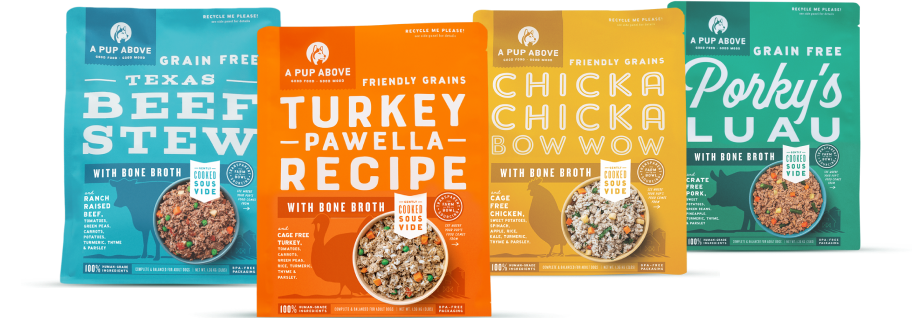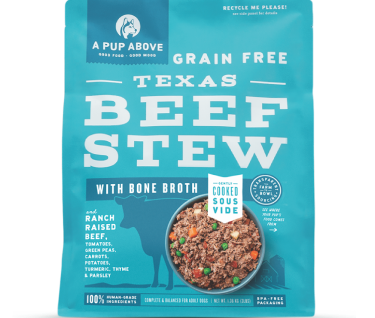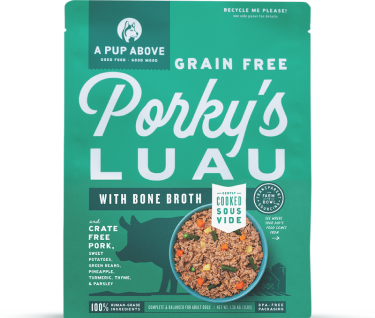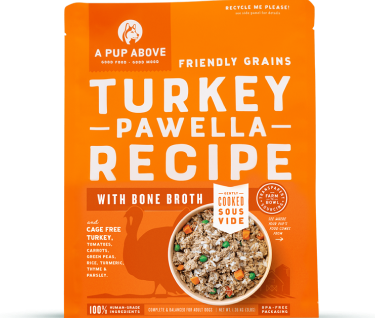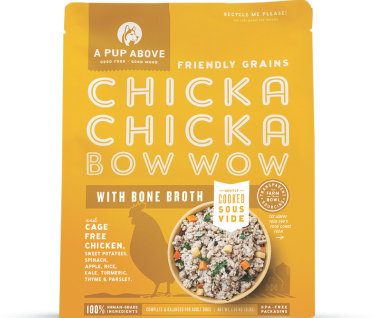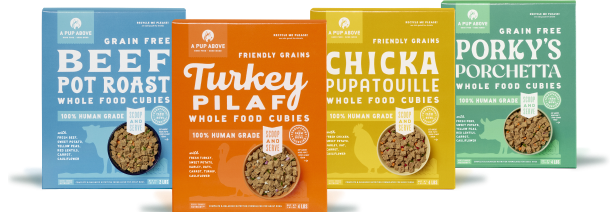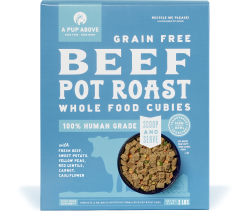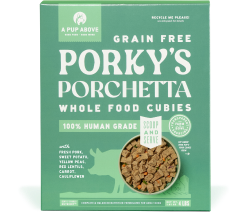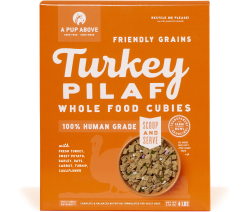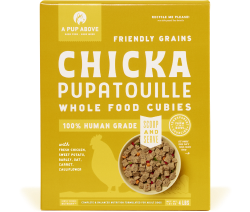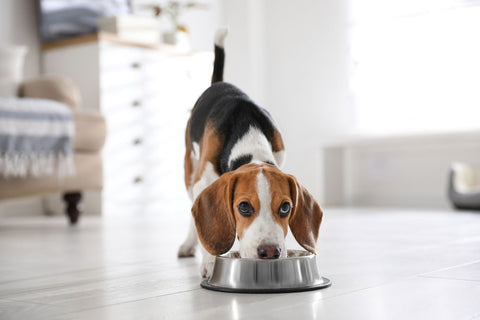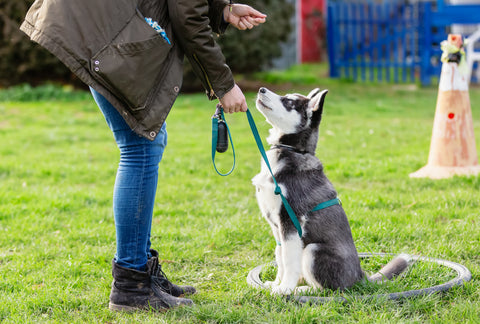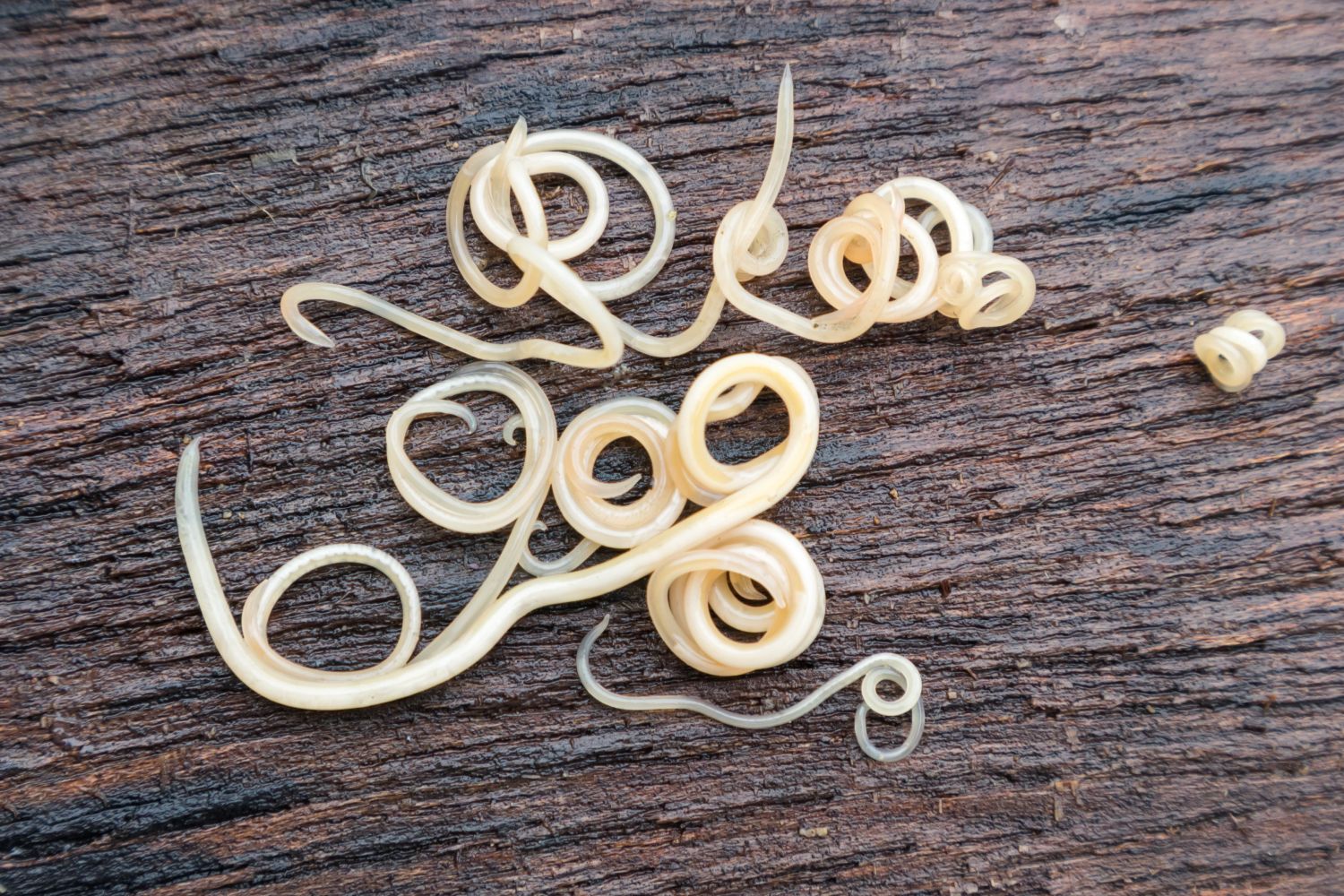
Ever looked at your pup and wondered what creepy crawlies could be lurking unseen? It's a less pleasant aspect of being a dog parent, but understanding the risks and realities of worms in dogs is crucial.
At A Pup Above, we're all about keeping our dogs healthy and happy, which means tackling some of the grittier parts of pet care head-on. This article dives into the world of worms, giving you the knowledge you need to protect your pooch.
What Kind of Worms Do Dogs Get?
Worms can be an unwelcome but common issue for our canine companions. Understanding the types of worms that commonly affect dogs is essential for keeping them healthy.
Here are the main culprits:
- Roundworms: These parasites are prevalent in dogs of all ages. They reside in a dog’s intestines, absorbing nutrients that should be going to your pet.
- Hookworms: Extremely small and thin, these worms fasten to the lining of the intestinal wall, where they feed on your dog’s blood, potentially leading to anemia.
- Tapeworms: Identified by their segmented bodies, tapeworms attach to the small intestine of a dog. Segments of these worms can often be seen near a dog’s rear or in their stool, resembling small grains of rice.
- Whipworms: Named for their shape, whipworms inhabit the large intestine, where they can cause severe irritation and lead to bloody diarrhea.
- Heartworms: One of the most dangerous, heartworms infect a dog’s heart and lungs. They are transmitted by mosquitoes and can be fatal if not treated.
So, How Do Dogs Get Worms?
Navigating the less glamorous part of dog ownership involves understanding the different avenues through which our beloved pets might encounter these pesky parasitic worms.
Here’s a breakdown of the common routes leading to worm infestations:
Wandering in Contaminated Soil
As our dogs explore and play, they often come into contact with contaminated soil. This soil might contain hookworm larvae or roundworm eggs left behind in the feces of infected animals. A curious sniff or dig can easily lead to the ingestion of these eggs, setting the stage for an intestinal worm infestation.
The Flea Connection
Fleas are more than just a biting annoyance — they are also a vector for tapeworm eggs. When dogs ingest infected fleas during grooming, they can contract tapeworm infections, with segments of these worms sometimes visible near the dog’s rear or in their stool.
Predatory Behavior and Raw Diets
Dogs indulging in their natural predatory instincts may consume infected animals. This direct ingestion can lead to tapeworms or other types of worms, as these parasites often reside in the tissues of their hosts.
Transmission From Mother to Pup
Puppies are vulnerable to worms from a very young age, acquiring them through their mother’s milk. This transmission can involve roundworms or hookworms, highlighting the importance of deworming medication for pregnant and nursing dogs.
Social Interactions and Environmental Exposure
Interactions with other dogs or exposure to environments where infected dogs have been can also lead to worm infestations. Larvae or eggs can reside in dog poop found in parks, backyards, or even sandboxes, making communal and play areas hotspots for the spread of worms.
What Are the Symptoms To Look For?
Think your dog has worms? Here’s what you should watch out for:
Fecal Signs
Finding what looks like spaghetti or tiny rice grains in your dog’s stool or vomit? That’s a clear giveaway that your dog might be hosting unwanted guests.
Pot-Bellied
A bloated tummy on your little one might look cute, but it can also be a sign of worms — especially in puppies.
Hungry Yet Thinning
Is your furball wolfing down meals but still looking a bit thin? Worms could be hogging the nutrients they need, leading your pup down a path of unintentional weight loss.
Digestive Troubles
Keep an eye on their potty breaks — diarrhea, sometimes with a hint of blood, can signal worm trouble due to irritation in their intestines.
Skin and Coat Changes
A dull coat and itchy skin aren't just bad hair days — they can indicate your pup is missing out on essential nutrients because of these pesky parasites.
Lethargy
If your usually peppy pup is more sluggish than spirited, it could be an energy drain from battling worms.
What Are the Best Treatments for Worms in Dogs?
Did you get confirmation that it’s worms? Here’s how to help your dog ditch the itch and get back to their happy, healthy self:
Targeted Deworming
Your vet can prescribe the right meds to manage worms, whether it’s a chewable, a pill, or sometimes an injection, depending on the worm type and infestation level.
Preventing Heartworm
For heartworms, prevention is the best defense. Monthly preventatives can keep these life-threatening parasites away from your dog’s heart and lungs.
Fecal Checks
Regular vet checks for any wormy warning signs in your dog's feces can catch infestations before they get serious. It’s a bit yucky but super necessary!
Flea Treatment
Since fleas can ferry tapeworms, treating your pooch with a flea bath is a savvy move to prevent these parasites from making your dog their next host.
Habitat Cleanliness
Keeping your dog’s area tidy and promptly scooping the poop can prevent worms from setting up residence.
How To Prevent Worm Infestations in Dogs
Worms might seem like an inevitable part of dog life, but there are proactive steps you can take to keep these pesky parasites at bay.
Here’s how to fortify your dog’s defenses:
Embrace Regular Deworming
Just like updating our apps keeps our phones running smoothly, regular deworming keeps our pups worm-free. It’s particularly vital for the little ones, as young puppies are often more susceptible.
Smart Poop Scooping
Keeping your yard clear of dog poop not only keeps your shoes clean but also cuts down the chances of worm life cycles taking a foothold in your backyard.
Flea Control Is Key
Since nobody wants tapeworms hitching a ride on their dog, maintaining effective flea prevention is a game-changer in preventing tapeworm infections.
Regular Vet Visits
Popping into the vet for regular check-ups is like giving your pup a health safety net. Catching signs of worms early helps ensure worms don’t thrive.
Nutrition Matters
Feeding your dog a well-balanced diet ensures they get all the nutrients they need, bolstering their immune system against infections.
Mind the Sniffs
When you’re out and about, keep an eye on where your dog’s nose goes, especially in areas specifically for dogs. Avoid areas that might be contaminated with feces from unknown dogs.
Fresh Water
Always provide fresh, clean water for your pets to prevent them from drinking from puddles or other potentially contaminated sources.
Educate Yourself
Understanding the life cycle of worms can empower you to break it. Knowledge is power, especially when it comes to health.
Groom Regularly
This simple habit helps catch fleas, ticks, and even early signs of skin irritations caused by worms.
Create a Clean Haven
Regular cleaning of your dog’s bedding, toys, and feeding areas can prevent any worm eggs from developing into a bigger problem.
A Final Word
As we wrap up, remember that keeping our pups safe from worms involves a little knowledge and a lot of love. By staying vigilant with regular check-ups, maintaining cleanliness, and managing fleas, you're setting up strong defenses against these unwelcome guests.
And when it comes to nourishment, A Pup Above is here with Sous Vide Human-Grade Dog Food — packed with nutrition to keep your pup thriving and their immune system strong. Together, let's keep our pups healthy, happy, and worm-free.
Sources:
Intestinal worms in dogs | Blue Cross
Keep the Worms Out of Your Pet’s Heart! The Facts about Heartworm Disease | FDA
Worms in Dogs: Diagnosis, Prevention, and Treatment | American Kennel Club

